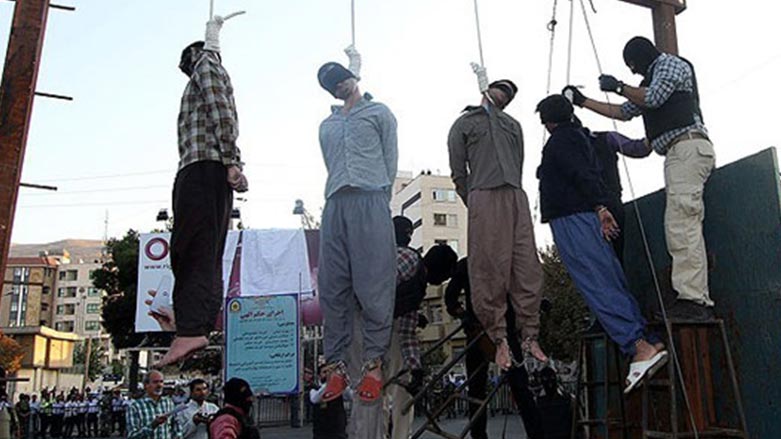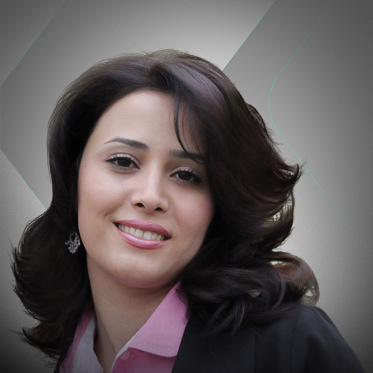Iran executes at least eight since beginning of 2017

TEHRAN, Iran (Kurdistan24) – In the first five days of 2017, Iran had already executed at least eight people, reported Radio Zamaneh.
Iran reportedly hanged three prisoners in Ghazal Hesar Prison in Karaj on Thursday for drug related charges.
In the past five days, at least five other prisoners were also executed in Qazvin and Karaj for similar charges.
A majority of those hanged in previous years were charged with drug distribution.
However, many officials believe capital punishment did not reduce drug use in the country.
The rate of drug addiction in Iran has been on the rise despite the fatal penalty for drug users and distributors.
A neighbor to Afghanistan, the world’s largest opium producer, drugs are accessible and inexpensive in Iran.
The Director of Research and Education at the headquarters of the Drug Enforcement Iran Hamid Sarami said in a conference in Ahwaz last year that Iran had approximately 1.3 million registered drug addicts.
The number does not include occasional users and unregistered addicts.
Of these addicts, 58 percent were reportedly younger than 34, nine percent were women, and 22 percent received higher education.
Thus, some 10 million Iranians of the 80 million population struggle with the consequences of drug addiction.
Sarami also outlined drug addiction had killed an average of seven people per day over the past two decades.
It is also the second largest cause of death in Iran after road accidents, according to the Iranian news agency Aftab.
Amnesty International (AI) said the continuation of capital punishment “demonstrates the Iranian authorities’ utter disregard for the right to life.”
According to AI, drug offenses do not meet the threshold of “most serious crimes, interpreted by international human rights bodies, as crimes involving international killing, for which the death penalty is permitted under international human rights law."
Said Boumedouha, Amnesty’s Middle East and North Africa Deputy Director, called Iran’s treatment of prisoners “appalling.”
In August, 22 international human rights organizations condemned Iran’s execution of Kurdish political prisoners and prisoners of conscience.
They urged the European Union (EU) to call on Iran to impose a moratorium on the death penalty in light of its upcoming human rights dialogue with the EU.
“The EU should insist that as a sign of good will Iranian authorities should cease all executions at minimum for the duration of the dialogue,” the rights group said.
“We also urge the EU to insist on the right to fair trials in all cases,” AI continued.
Editing by Karzan Sulaivany
